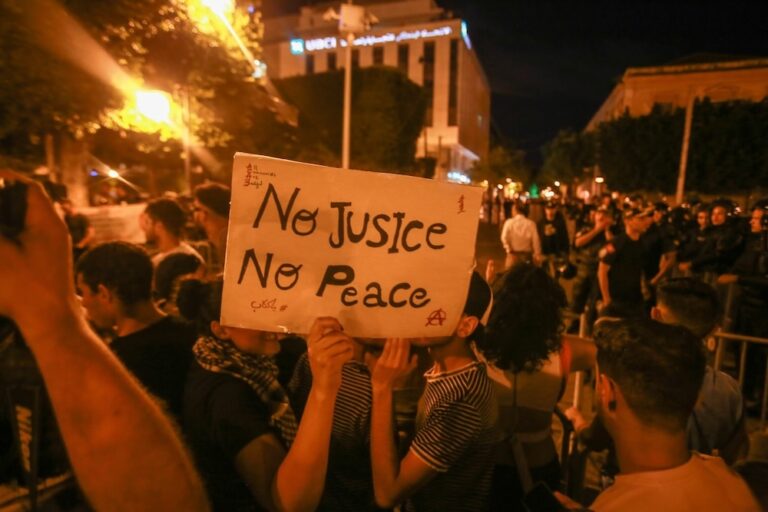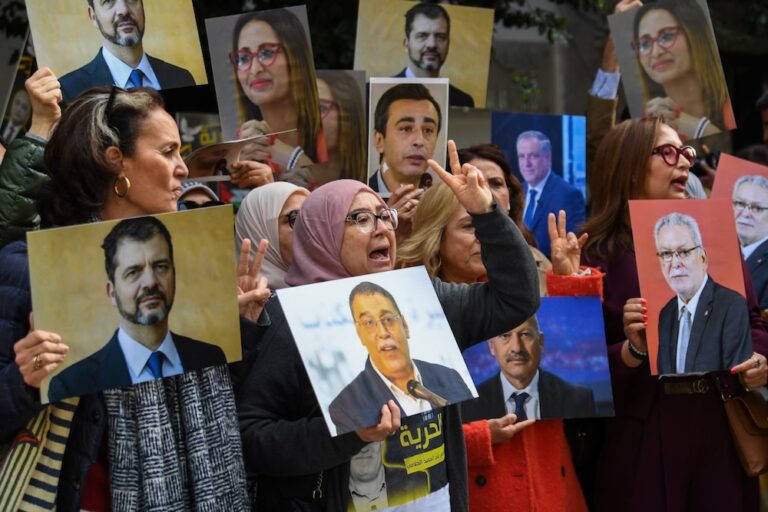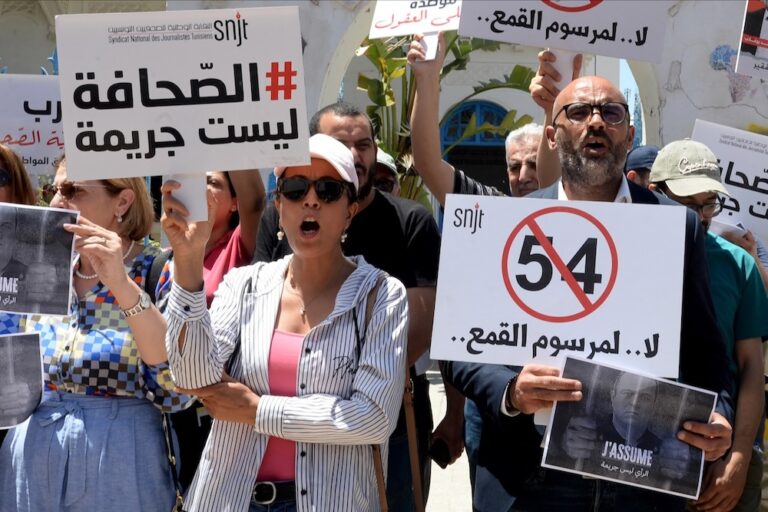The restrictions imposed on Internet usage in Tunisia have certainly gone backwards. Nevertheless, the repressive legislative and regulatory system prior to 14 January 2011, put in place by the dictatorship, is still active.
Between February 2012 and February 2013, ARTICLE 19 analysed the state of Internet freedom in Tunisia. In particular, we examined the compatibility of the Tunisian legal framework governing the Internet against international and comparative standards for the protection of freedom of expression and the right to privacy.
ARTICLE 19’s analysis shows that the case for reform in this area is overwhelming. Indeed, the restrictions imposed on Internet usage have certainly gone backwards due to the deactivation of censoring mechanisms and the inability of the governing body exercising control over the Internet.
Nevertheless, the repressive legislative and regulatory system prior to 14 January 2011, put in place by the dictatorship, is still active. It has not undergone any significant changes to guarantee freedom of speech on the Internet in an effective, sustainable and irreversible manner.
ARTICLE 19 therefore expresses its grave concerns about the persistence of certain legislative and regulatory provisions that restrict freedom of speech on the Internet. This notably affects:
The provisions of the telecommunications decree, and in particular:
- Articles 5 and 6 that entrust discretionary power to the government in matters of attributing prior authorisation for the provision of telecommunication services;
- Articles 9 and 87 relating to the conditions and procedures of usage or encryption services, and the sanction of use of these means without prior authorisation;
- Decree No 97-501 of 14 March 1997 concerning value-added telecommunications services and the Regulations of 22 March 1997 concerning the specifications for setting up and operating value-added Internet telecommunications services. This legislation is in clear breach of international law. In particular, the decree and regulations make Internet Service Providers (ISPs) liable for third-party content without any exceptions.
- Law N°2004-5 of 3 February 2004 concerning information security. This legislation was adopted, theoretically, to guarantee the security of public and private information systems and networks. In practice, however, it allows the authorities, under the guise of carrying out technical inspections, of carrying out continuous censorship of the Internet.
Furthermore, ARTICLE 19 worries about the gaps in the Tunisian legislative framework that concern the protection of the freedom of speech and the protection of one’s private life on the Internet, particularly:
- The absence of a well defined legislative framework governing the listening operations (telephone tapping) and access to the content of correspondence, including electronic correspondence;
- The organic law N°2004-63 of 27 July 2004 on data protection. This law does not provide exemptions or derogations to the application of data protection provisions in the framework of the treatment of data processed for solely journalistic purposes. This gap exposes bloggers and citizen-journalists to penal sanctions in certain circumstances.
- The absence of the explicit protection in the law of principle of the Internet’s neutrality.
ARTICLE 19 welcomes the absence of Internet regulations in certain areas. In particular, ARTICLE 19 believes that it is unnecessary to adopt legislation to address specific online content for the simple reason that the laws that regulate content are of general application, i.e. they apply offline and online. Similarly, there is no need to regulate bloggers and citizen-journalists other than by way of the same laws that apply to everyone else.
By contrast, bloggers and citizen-journalists should benefit from source protection, just as professional journalists do, with the objective of being able to favour the emergence of a free and responsible citizen press. At the same time, the legislation concerning data protection must unavoidably take into consideration the nature of bloggers and citizen journalists’ activities.
Key Recommendations
- The provisions governing ISP liability, fixed by the Telecommunications Decree N°1997-501 and by Internet Regulations of 22 March 1997, should be removed and replaced with provisions granting immunity, and more explicitly, ISPs should not be held responsible for the publication of content produced by third parties, including their clients, where the ISPs have not intervened in this content.
- The need of stating the principle of Internet neutrality and forbidding ISPs to keep under surveillance the content circulating on their networks.
- The law should be amended to require that only the courts may grant a blocking/filtering/removal order subject to the principles of necessity and proportionality;
- Article 8 of the Internet Regulations fixed by the decree of 22 March 1997 which requires which requires ISPs to submit a list of their subscribers to the authorities on a monthly basis should be repealed;
- Article 11 of the Internet Regulations, fixed by the decree of 22 March 1997, bars the use of encryption technologies without prior approval from the authorities should be removed. The authorities should, nevertheless, be able to ask for decryption codes in the fight against criminality, to the extent that these requests fulfil the conditions of necessity and proportionality stated in Article 17 of the ICCPR.
- The need to amend the law regarding the protection of personal data in order to protect bloggers and citizen-journalists against penal sanctions planned by this law.
- Need to review Law N°2004-5 concerning information security with the view of strictly defining the term ‘information security’ and of limiting the powers of the National Agency of information security in matters of technical control of information systems and networks.
- Bloggers and citizen journalists should not be regulated other than by way of the same civil and criminal laws that apply to non-internet users, subject to our recommendations here-below concerning the Press Code.
- The Press Code should be amended to entitle bloggers to source protection.
- The Press Code should be amended to decriminalise defamation.
- The hate speech provisions should be more tightly drafted along the lines of ARTICLE 19’s Camden Principles on Freedom of Expression and Equality, which elaborate on this issue.


